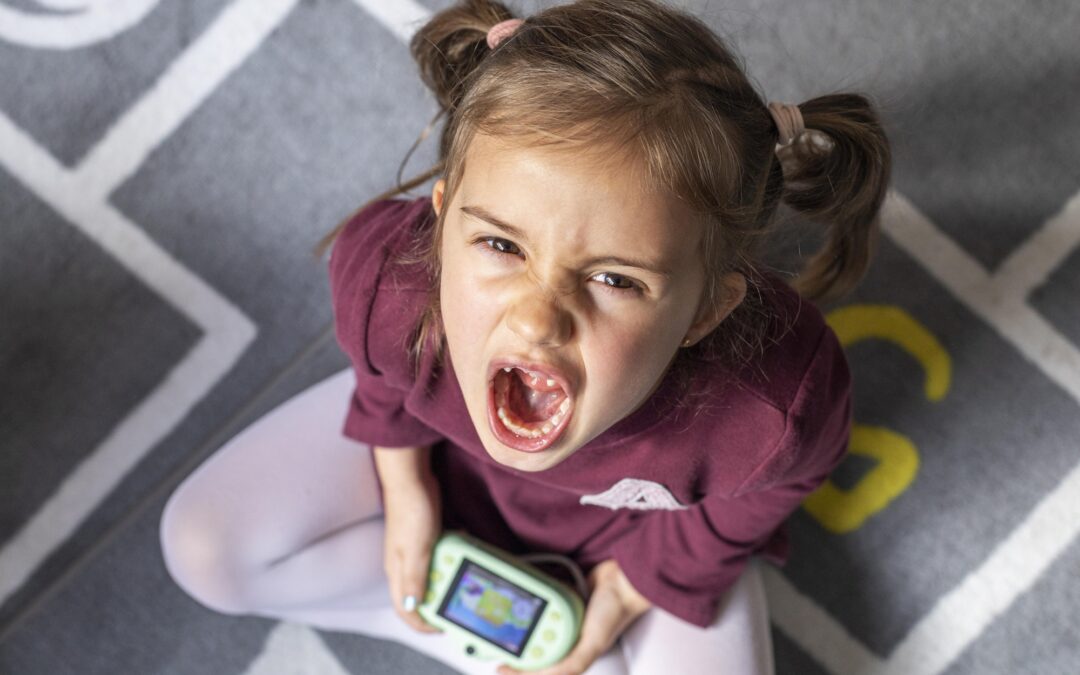Understanding the Role of Therapy in Healthy Anger Management
Anger is a natural emotion, but when children and teens struggle to control it, it can lead to outbursts, strained relationships, and behavioral issues. Many young individuals lack the tools to express their anger in a constructive manner. Therapy for Children and Teens provides a structured approach to understanding emotions, developing coping strategies, and improving emotional regulation. In this article, we explore how therapy can support children and teens in managing anger in a healthy way.
Why Do Children and Teens Struggle with Anger?
Children and teens experience anger for various reasons, including frustration, unmet needs, stress, or underlying emotional struggles. Sometimes, they lack the vocabulary or emotional intelligence to communicate their feelings effectively. Without proper guidance, anger can manifest as aggression, defiance, or withdrawal.
Signs That a Child or Teen Needs Anger Management Support
- Frequent temper tantrums or aggressive outbursts
- Difficulty calming down after becoming angry
- Physical aggression toward others or objects
- Increased irritability and frustration over minor issues
- Social isolation due to conflict with peers
- Trouble expressing emotions in words
How Therapy Teaches Healthy Anger Management Skills
Therapists help children and teens recognize anger triggers and develop appropriate responses. Through therapy for children and teens, they learn:
- Effective communication skills
- Emotional regulation techniques
- Problem-solving strategies
- Self-soothing methods such as deep breathing and mindfulness
Cognitive-Behavioral Therapy (CBT) for Anger Management
CBT is a widely used approach in therapy that helps children and teens identify negative thought patterns that contribute to anger. By reframing these thoughts, they can develop healthier emotional responses and reduce impulsive reactions.
Teaching Emotional Awareness and Self-Regulation
Children and teens often struggle with identifying emotions beyond anger. Therapy encourages emotional awareness by helping them label and express their feelings accurately, reducing outbursts and frustration.
The Role of Parents in Supporting Healthy Anger Expression
Parents play a vital role in teaching children and teens how to manage anger effectively. Therapists provide guidance to parents on:
- Modeling healthy emotional regulation
- Encouraging open communication
- Setting clear and consistent boundaries
Mindfulness and Relaxation Techniques for Anger Control
Mindfulness helps children and teens stay present and control emotional impulses. Techniques such as meditation, progressive muscle relaxation, and guided imagery are beneficial in calming intense emotions.
Group Therapy and Peer Support for Anger Management
Group therapy provides a safe space for children and teens to interact with peers facing similar challenges. Through shared experiences, they learn that they are not alone and gain valuable insights into managing emotions.
When to Seek Professional Help for Anger Issues
If anger issues begin to interfere with daily life, academic performance, or relationships, seeking therapy for children and teens can provide the necessary support. Early intervention can prevent long-term emotional and behavioral difficulties.
Finding the Right Therapist for Your Child or Teen
Choosing a therapist experienced in child and adolescent psychology is crucial. Look for professionals who specialize in anger management and provide tailored interventions for young individuals.
Start Therapy Today
If your child or teen struggles with anger, professional therapy can help them develop essential coping skills and emotional intelligence. Contact us today to learn more about therapy for children and teens and how we can support your family in fostering a healthier emotional environment.

